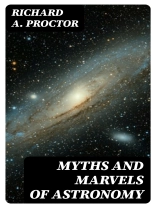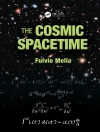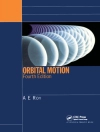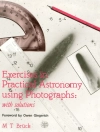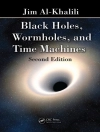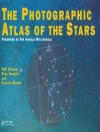In ‘Myths and Marvels of Astronomy, ‘ Richard A. Proctor explores the intricate web of folklore and scientific inquiry surrounding celestial bodies and cosmic phenomena. Through a blend of engaging prose and meticulous scholarship, Proctor draws upon historical texts, ancient mythologies, and contemporary astronomical principles to unveil the rich narratives that have shaped human understanding of the universe. The book showcases Proctor’s mastery of intertwining literary styles, seamlessly transitioning from mythological anecdotes to scientific analysis, thus providing a holistic view of humanity’s quest to comprehend the cosmos. Richard A. Proctor, a prominent astronomer and writer in the 19th century, possessed a passion for both the celestial sciences and the mythological interpretations of those phenomena. His career was marked by a dedication to public education in astronomy, which undoubtedly influenced his desire to present the myths and scientific facts in tandem. Proctor’s writings reflect his belief that understanding the cultural significance of astronomy is as crucial as grasping its scientific underpinnings. For readers fascinated by the interplay between science and storytelling, this book offers a compelling invitation to delve into the wonders of the universe. ‘Myths and Marvels of Astronomy’ is not only an enlightening read for astronomy enthusiasts but also a treasure trove for those intrigued by the narratives that have forged our connection to the stars.
About the author
Richard Anthony Proctor (1837-1888) was an English astronomer and prolific writer who specialized in popularizing the field of astronomy during the latter part of the 19th century. Born in Chelsea, London, Proctor exhibited a keen interest in the sciences early in life, which culminated in his attendance at King’s College London and then St. John’s College, Cambridge. Though he did not graduate due to a family financial crisis, his passion for astronomy remained unbridled.
Proctor’s literary contributions were extensive, bringing astronomy to a wider public audience. He authored numerous books on various aspects of the field, of which ‘Myths and Marvels of Astronomy’ (1882) is a prime example. In this work, he explores the historical and cultural influences on astronomy, providing readers with a reflective examination of how myths and superstitions have been intertwined with celestial observations. Proctor was known for his clear and engaging writing style, which aided in demystifying the complexities of the cosmos for lay readers. His works also often included detailed star maps that he created, contributing not only to the literature of astronomy but to its practical visual tools as well. Proctor’s legacy as an educator and a popularizer of science is reflected in his extensive bibliography and the continued relevance of his insights into the nature of astronomical study.
